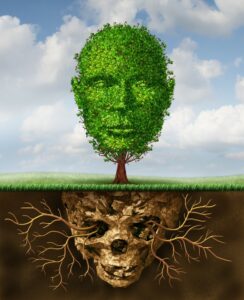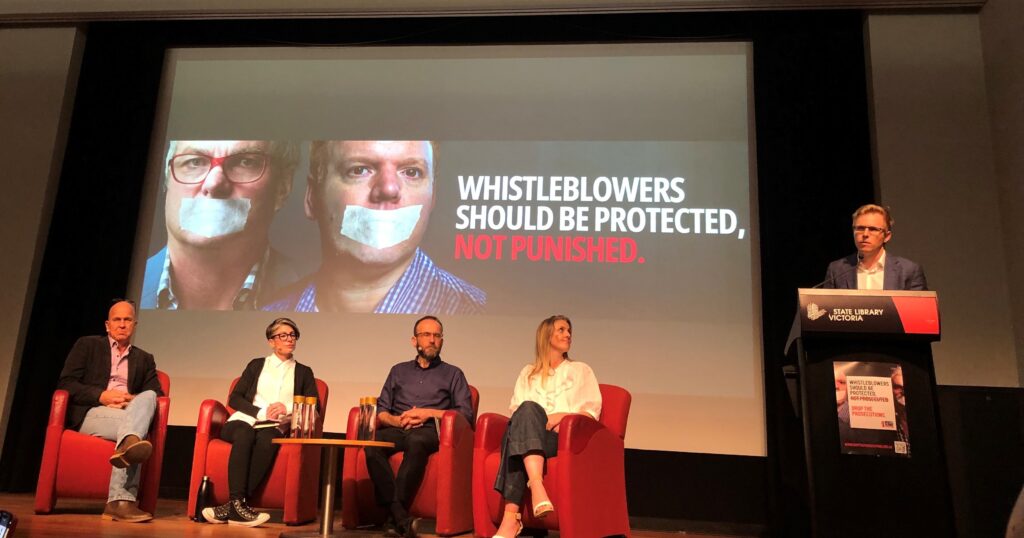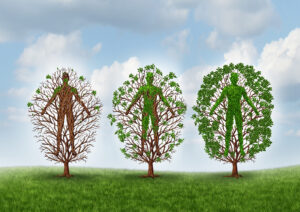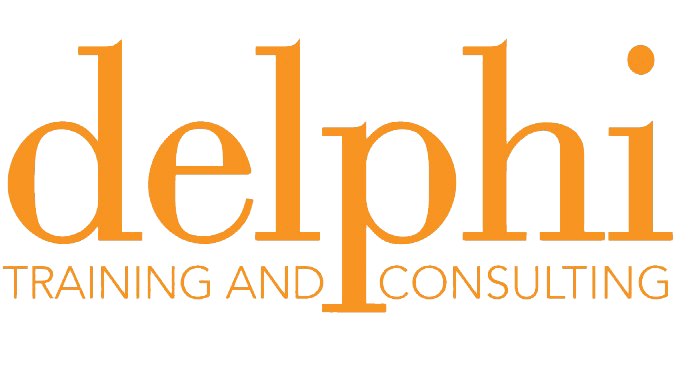I turn now to the psycho-social impacts on whistleblowers and the mostly faceless victims sitting behind the exposure of wrongdoing by whistleblowers, evidenced by gruelling witness statements at the inquiries into Misconduct in the Banking, Superannuation and Financial Services Industry, Institutional Responses to Child Sexual Abuse, Deaths in Custody, the Robodebt Scheme and Aged Care Quality and Safety, to name a few – harrowing examples of institutional abuse and betrayal.
Jeff Morris, the CBA whistleblower and a key driving force behind the Royal Commission into Misconduct in the Banking, Superannuation and Financial Services Industry, McBride, Boyle and Alysha Rose, the Ashley Youth Detention Centre whistleblower, who exposed decades of abuse of youth in its care, have spoken candidly about the impact of blowing the whistle on their finances, careers, family, relationships and mental wellbeing. As Morris says, “People cheer whistleblowers but they don’t employ them”. (ABC News, Adele Ferguson, March 4, 2024). The tragic news of the death by suicide of John Barnett brings the mental health risks to whistleblowers to the fore.
The innocuous term ‘in the public interest’, does not scrape the surface of the personal devastation and lifelong impacts on whistleblowers and the people they try to protect. In this context I turn to the term, ‘special relationship’, used to describe the relationship between Australia and its two key allies, the United States of America and the United Kingdom. In a recent event held by the Whistleblower Justice Fund, Greens MP, Adam Bandt, raised how this special relationship could and should be used as leverage in bringing home another high-profile Australian Whistleblower, Julian Assange. Special relationship implies mutuality and equality, of which many political commentators are derisive when speaking about the AUKUS trilateral security partnership. I’m not going down that path. I use the analogy to describe the lived experience of ‘special relationship’, on the victim-survivors of interpersonal and institutional abuse and betrayal.
Child survivors of sexual abuse will likely feel distressed when they hear or read the term special relationship in the media. Children abused within the family home, school, church and other community groups, are groomed by paedophiles who abuse the power imbalance to foster the sense of a ‘special relationship’. There is no mutuality or equality. Consent is not applicable because of the age and power differential. This is true of victims of banks, financial advisors, the Australian Tax Office and Robodebt scandal, where people trusted professionals and authorities, whom they should have been able to trust, and /or had little understanding or choice in their situations. In both child and adult examples, victim blaming and shaming is key in silencing victims and thereby facilitating ongoing perpetration of crimes and abuse of power. Many experience the term coined by Emerit Prof. Jennifer Freyd, DARVO (deny – attack – reverse victim and offender) whereby victims are held responsible and accountable for crimes committed against them. Every day in consulting rooms, clinics and hospitals, mental health professionals see the impacts of these abuses; PTSD, dissociative disorders, substance abuse, eating disorders, anxiety, depression, self-harm, suicide ideation, suicide attempts and completed suicides. Some child victims will eventually find themselves in the adult criminal justice system. Others may grow up to be victims of bullying, harassment, discrimination, family violence, sexual assault, rape, and tragically murder.
This is the intersection where institutional betrayal and the fate of whistleblowers meets the victims they bring to the public eye. As a society we need to care about what happens to our whistleblowers, for the suffering that the failure of our current ‘protections’ visit upon them and the thousands of people they aim to protect, in the public interest.
To learn more about an upcoming training on Institutional Betrayal and Institutional Courage with Emerit Prof. Jennifer Freyd CLICK HERE














